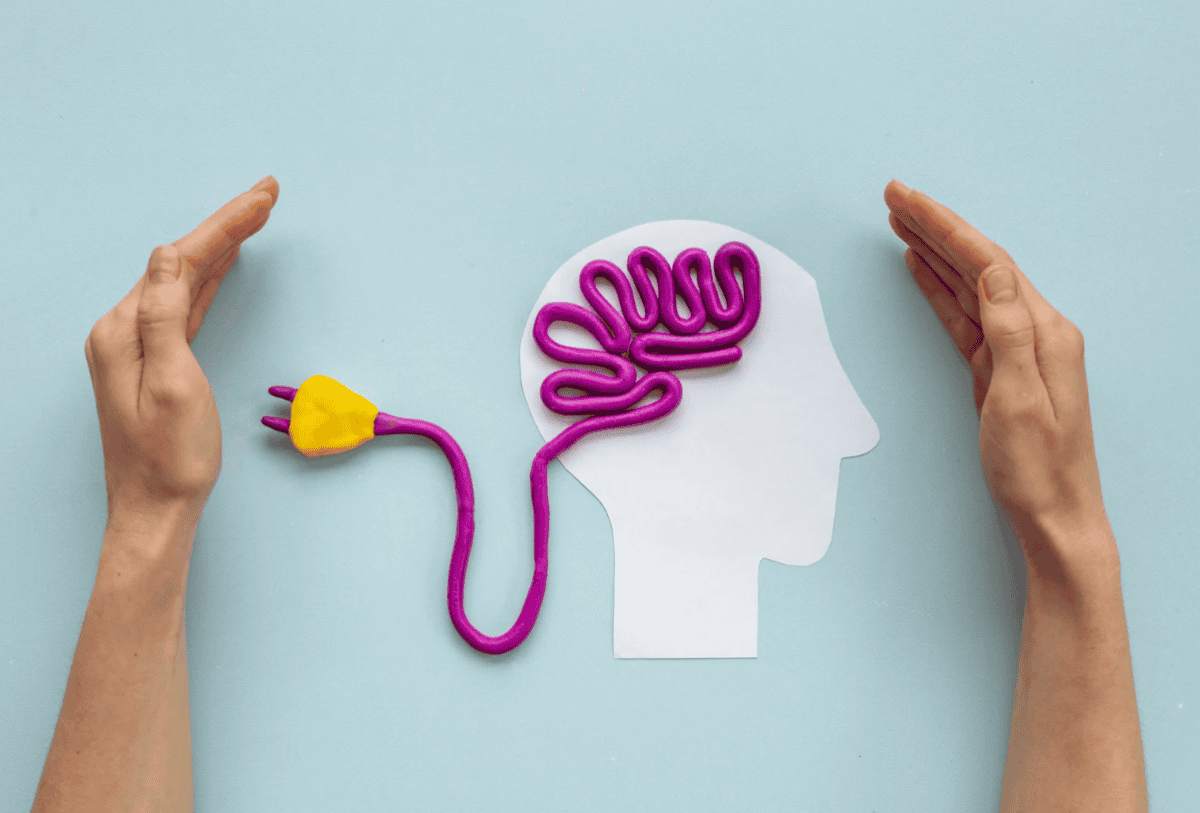This post focuses on exploring Medicaid’s support for mental health as well as treatment for people with suffering from addiction. How does Medicaid provide assistance for mental health and addiction treatment services?
You’re not alone. The combination of mental health disorders and substance abuse problems creates substantial challenges for millions of Americans who struggle to find cost-effective treatment options. Medicaid provides complete coverage for necessary mental health and addiction treatment services.
Key Insights You’ll Gain:
- Understanding Medicaid’s Support for Mental Health Care
- Available Addiction Treatment Services
- How to Access Coverage and Find Providers
- Recent Policy Changes and Improvements
- Tips for Maximizing Your Benefits
Medicaid: A Lifeline for Mental Health and Addiction Care
Medicaid stands as the primary provider of payment for mental health services and substance use disorder treatments across the United States. The essential program enables millions of Americans to obtain necessary care at critical times.
Recent statistics show that mental health problems exist extensively among people who receive Medicaid benefits. During 2021 adults enrolled in Medicaid who reported regular anxiety symptoms represented 19% of the population while 10% of adults reported experiencing depression symptoms. The available data shows the essential need for mental health care to be accessible.

Available Mental Health Services
Medicaid mental health coverage provides multiple services intended to assist with both preventive measures and therapeutic interventions. This section provides detailed information about the services you can access.
- Diagnostic Services
- Mental health screenings
- Psychological evaluations
- Regular mental health check-ups
- Treatment Options
- Individual therapy
- Group counseling
- Psychiatric medication management
- Crisis intervention services
- Specialized Care
- Intensive outpatient programs
- Partial hospitalization
- Inpatient mental health treatment when necessary
Comprehensive Addiction Treatment Coverage
The success of treatment for substance use disorders depends heavily on choosing the proper care approach. Many alcohol treatment centers that accept Medicaid offer comprehensive care options, making recovery more accessible for those who need it. The facilities deliver scientifically supported treatments while coordinating with Medicaid coverage to reduce your personal expenses.
Accessible addiction treatment is now more important than ever before. Opioids were responsible for approximately 75% of the 107,000 overdose deaths in the United States during 2021. During that time only one-fifth of adults with opioid use disorder received medication treatment for their condition.
Recent Policy Changes Expanding Access
Recent policy adjustments have expanded the availability of addiction treatment services for patients. The SUPPORT for Patients and Communities Act of 2018 broadened Medicaid coverage to include residential facility-based inpatient substance use disorder treatments. The reform grants states federal funding to provide up to 30 days of treatment per patient each year.
The expanded services now help patients access essential healthcare services. Residential treatment centers offer structured settings that enable individuals to concentrate fully on their recovery while staying away from harmful triggers and negative influences.
Finding the Right Provider
Finding quality healthcare providers who accept Medicaid requires multiple approaches to navigate through the complex system.
- Contact Your Medicaid Plan
- Request a list of in-network providers
- Ask about specific covered services
- Learn about any prior authorization requirements
- Use Online Resources
- State Medicaid website provider directories
- Mental health treatment locators
- Addiction treatment facility finders
- Work with Care Coordinators
- Many Medicaid plans offer care coordination services
- Help finding appropriate providers
- Assistance scheduling appointments
- Support navigating benefits
Maximizing Your Benefits
You should take full advantage of your Medicaid benefits for both mental health and addiction services.
- Understand Your Coverage
- Review your benefit handbook
- Learn about covered services
- Know your rights as a beneficiary
- Plan Ahead
- Schedule regular check-ups
- Keep all appointments
- Follow treatment recommendations
- Stay in communication with your providers
- Know Your Resources
- Crisis hotlines
- Support groups
- Community resources
- Patient advocacy organizations
Addressing Common Concerns
There are numerous inquiries from people about how Medicaid supports mental health and addiction services. Here are some key points to remember:
- Confidentiality
- Your privacy is protected by law
- Treatment records are confidential
- You control who can access your information
- Quality of Care
- Providers must meet strict standards
- Regular quality monitoring
- Patient satisfaction surveys
- Continuous Coverage
- Annual renewal requirements
- Reporting changes in circumstances
- Options if you lose eligibility
Looking Ahead: Future Improvements
Mental health and addiction care services continue to develop and change over time. Recent trends include:
- Expanded Telehealth Options
- Virtual therapy sessions
- Online support groups
- Remote medication management
- Integration of Services
- Coordination between providers
- Whole-person care approaches
- Better treatment outcomes
- Focus on Prevention
- Early intervention programs
- Screening initiatives
- Community education
Taking the First Step
Getting help for mental health or addiction problems shows strength rather than weakness. Medicaid’s extensive coverage enables you to obtain necessary support for achieving improved health and well-being.
Here’s a practical guide to getting started:
- Assess Your Needs
- Identify which support option would best serve your needs
- Think about your schedule and transportation needs
- Choose between face-to-face appointments and remote telehealth services.
- Write down all particular issues you wish to address.
- Gather Required Documentation
- Current Medicaid card
- Photo identification
- List of current medications
- Medical history records
- Previous treatment records (if applicable)
- Contact Your Medicaid Plan
- Dial your card’s member services number to contact your Medicaid plan.
- Request a list of local providers
- Ask about coverage specifics
- Inquire about transportation assistance if needed
- Schedule Initial Appointments
- Consider scheduling with multiple providers
- Ask about waiting list times
- Request intake paperwork in advance
- Plan for any necessary childcare
- Prepare for Your First Visit
- Write down your questions
- Keep a symptom journal
- List your goals for treatment
- You may bring someone who provides emotional support when you feel it necessary
Take action now to receive the healthcare you deserve. Reach out to your Medicaid plan now to discover details about mental health and addiction services available within your local region.
Understanding Your Journey
The path to mental health recovery presents unique characteristics for each individual. Medicaid provides access to the best service mix you need including therapy, medication, support groups or full treatment programs.
Always remember that you have support and you’re not isolated in your journey. Medicaid funding and a qualified treatment team help you pursue improved mental health alongside substance use disorder recovery.

Making the Most of Medicaid’s Support for Mental Health Care
The initial step of treatment marks only the start of the process. These proven methods will help you maximize your mental health and addiction treatment outcomes.
- Active Participation
- Attend all scheduled appointments
- Complete recommended homework or exercises
- Practice new coping skills between sessions
- Track your progress and setbacks
- Build Your Support Network
- Join peer support groups
- Connect with recovery communities
- Communicate openly about your experiences with people you trust from your family and friends.
- Consider family therapy if appropriate
- Maintain Open Communication
- Be honest with your providers
- Update them about medication effects
- Share any concerns or questions
- Ask for clarification when needed
Final Thoughts
Through its dedication to mental health and addiction care Medicaid offers healing opportunities to millions of Americans. Accessing essential mental health care and recovery support requires understanding and taking advantage of available services.
Allocate time to investigate your benefits while connecting with providers and establishing an effective support system. The path to recovery and healing continues throughout your life while every positive action contributes to your progress. Medicaid helps you gain access to quality healthcare because your health and well-being deserve investment.


